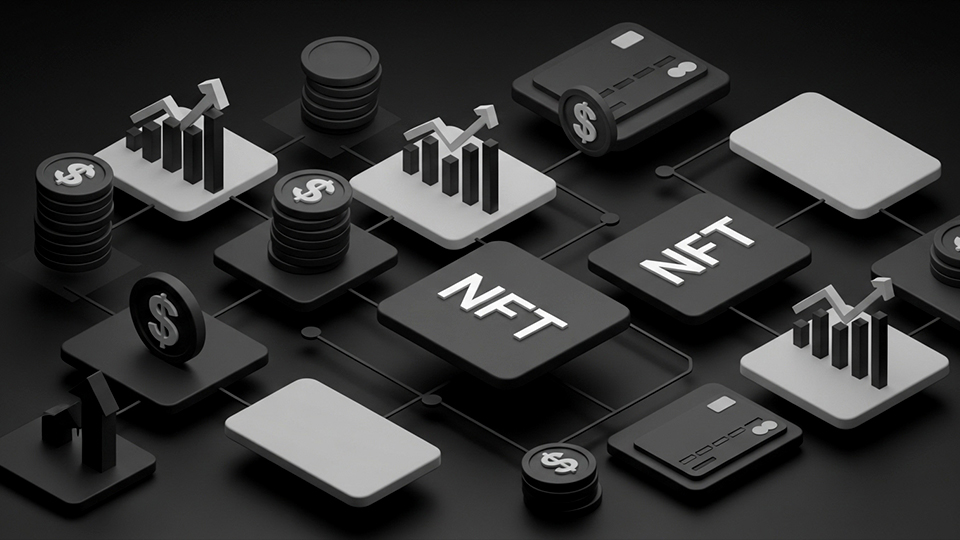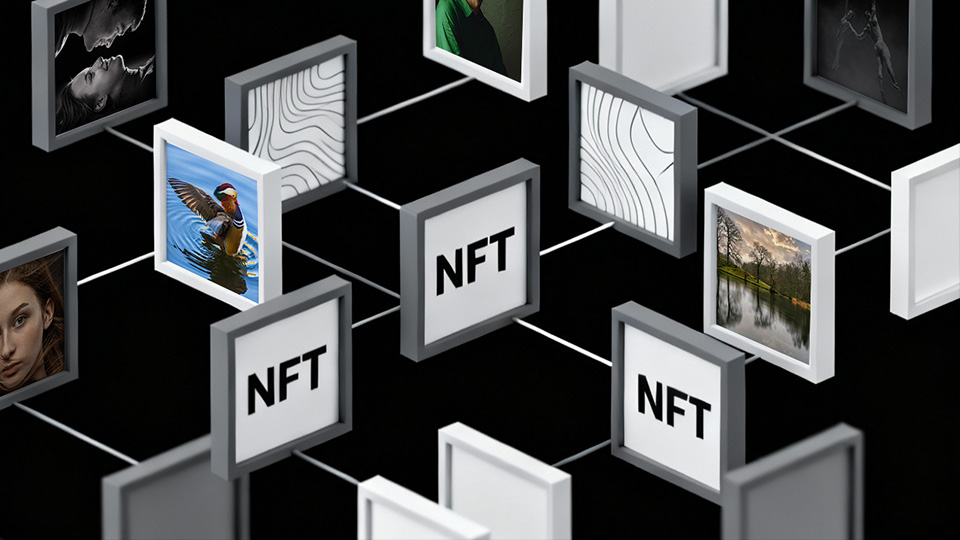Smart Contracts and NFT Photography: The Backbone of Digital Ownership
In the fast-evolving domain of digital art, NFTs have emerged as a revolutionary force, and at the heart of this innovation lies the power of smart contracts. These self-executing contracts, built on blockchain technology, have become the backbone of digital ownership in the field of NFT photography.
Unlocking Digital Ownership
Smart contracts act as digital agreements between creators and collectors, automating the process of ownership transfer. In the context of NFT photography, this means that once a collector purchases an NFT, the smart contract ensures instant and irreversible ownership. This not only streamlines the transaction process but also eliminates the need for intermediaries, providing a direct and transparent exchange between creators and collectors.

Immutable Authenticity
One of the key strengths of smart contracts in the NFT photography space is their ability to embed immutable information about the artwork. This includes details about the creator, the creation date, and any specific attributes that contribute to the uniqueness of the piece. This tamper-proof authenticity ensures that collectors can trust the origin and rarity of their NFT, adding intrinsic value to the digital asset.
Automated Royalties and Fair Compensation
Smart contracts empower creators by allowing them to embed royalty clauses directly into the NFT. This means that every time the NFT is resold, the original creator automatically receives a percentage of the sale. This revolutionary feature ensures that artists are fairly compensated for the increasing value of their work on the secondary market, fostering a more equitable relationship between creators and collectors.

Enhancing Collectors’ Confidence
The transparency and efficiency brought about by smart contracts not only benefit creators but also instill confidence in collectors. The automated and decentralized nature of these contracts ensures that the terms of ownership and royalties are crystal clear, reducing the risk of disputes and creating a more secure environment for art enthusiasts.
Conclusion
As NFT photography continues to redefine the art market, smart contracts stand out as the driving force behind the seamless and secure transfer of digital ownership. With the ability to automate transactions, preserve authenticity, and ensure fair compensation for creators, smart contracts have become an indispensable tool in the flourishing ecosystem of NFTs. The future of digital art ownership is undeniably intertwined with the innovative capabilities of smart contracts, promising a transformative and transparent landscape for creators and collectors alike.





